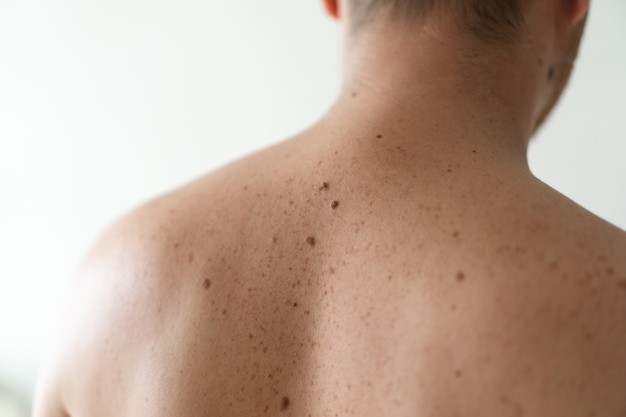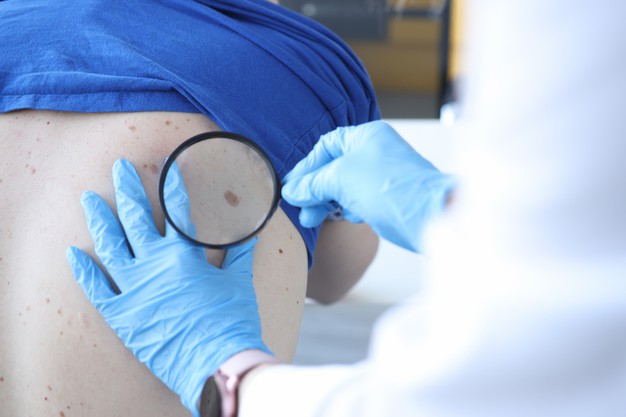- Home
- About
- Services
- Hand Surgery
- Carpal Tunnel Syndrome
- Trigger Finger Treatment
- Ganglion Cyst Treatment
- Dupuytrens Disease Treatment
- Osteoarthritis and Rheumatoid Arthritis
- Trapeziectomy Osteoarthritis Treatment
- Fractures of the Fingers & Metacarpals
- Joint Contracture Release
- Cubital Tunnel release
- Scar / Burn Contracture Release
- Nerve Surgery / Repair
- Congenital Hand Surgery
- Benign Skin Lesions
- Malignant Skin Lesions
- Hand Surgery
- Contact Us


